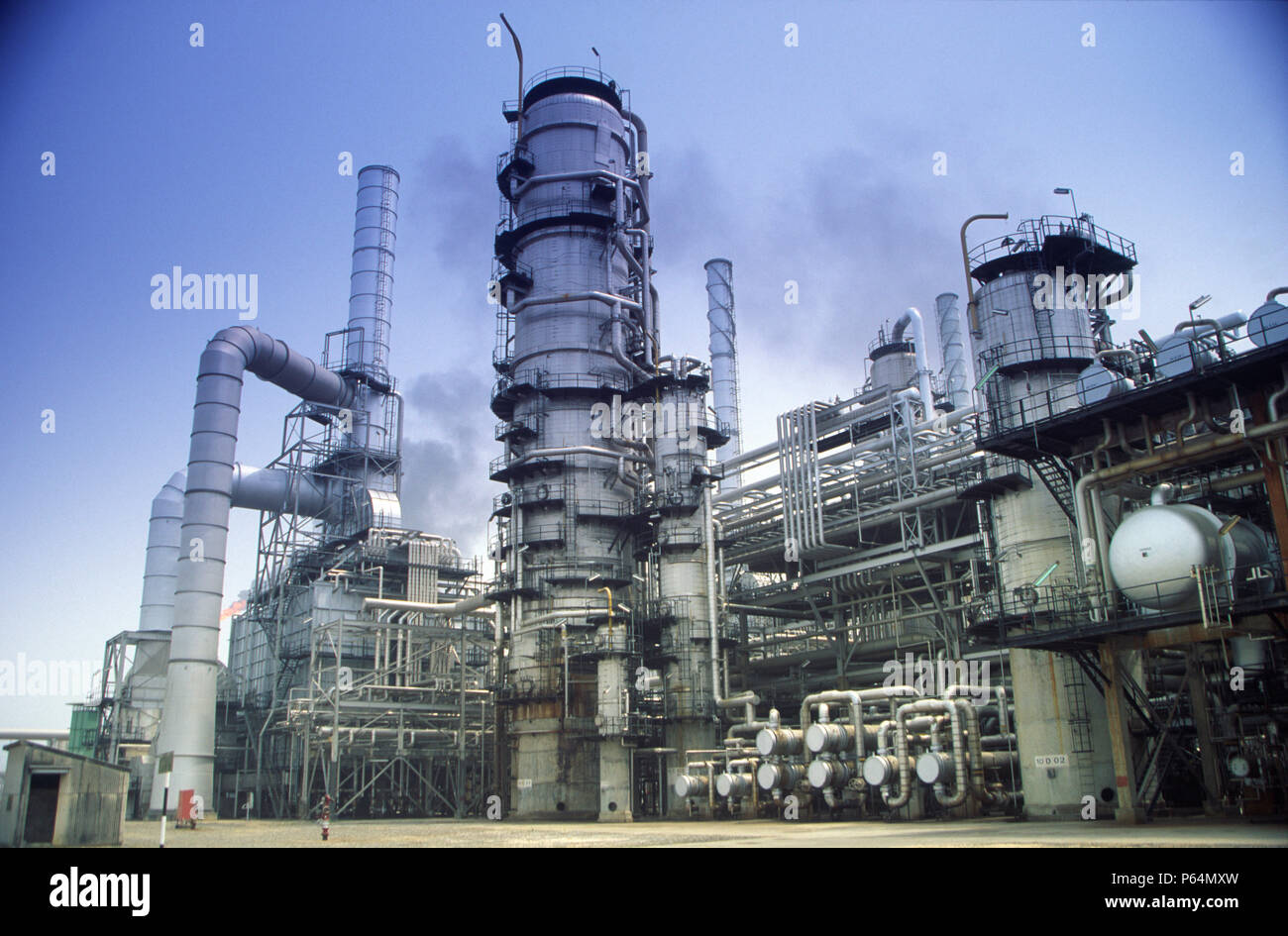Nigeria to Enforce Plastic Accountability: EPR Becomes Mandatory by 2025
Published on 26 June 2025
Nigeria to Enforce Plastic Accountability: EPR Becomes Mandatory by 2025

In a decisive move to tackle the growing menace of plastic pollution, the Federal Government of Nigeria has announced that Extended Producer Responsibility (EPR) will become mandatory from 2025.
This game-changing policy means manufacturers, importers, and brand owners will be legally held accountable for the lifecycle of their products — from creation to disposal. It specifically targets plastic packaging and single-use materials, which continue to plague Nigeria’s cities and coastlines.
What Is Extended Producer Responsibility (EPR)?
EPR is a regulatory framework that places the responsibility of product waste management on the producers rather than consumers or the government. This includes:
Product collection
Recycling
Safe disposal
Think of it as a “cradle-to-grave” approach, ensuring that every product is planned with sustainability in mind — even after it becomes obsolete.
Why This Matters Now
Nigeria is home to over 850 kilometers of Atlantic coastline, making it highly vulnerable to marine plastic pollution. The government’s move follows years of rising concerns from environmental groups and international partners.
At a workshop held in Abuja themed “Strengthening Nigeria’s Capacity on EPR Implementation,” the Minister of Environment, Alhaji Balarabe Lawal, explained that this policy shift is long overdue. Represented by Saleh Abubakar, Director-General of the National Agency for the Great Green Wall (NAGGW), Lawal stated:
Producers can no longer simply put products on the market. They must now begin to plan for the entire product lifecycle — including when it becomes waste. That’s the new reality.
What\'s Coming in 2025?
Two major frameworks will anchor this new policy direction:
National Guideline on EPR for the Packaging Sector
National Environmental (Plastic Waste Control) Regulations 2025
Both are expected to make EPR legally binding across Nigeria’s packaging and manufacturing industries.
Who’s Behind the Push?
The workshop was organized as part of the PROTEGO Project, a marine litter prevention initiative in the Gulf of Guinea. It’s funded by the German Federal Ministry for the Environment and implemented by Adelphi Research, Germany.
Amar Munnolimath, who heads the Green and Circular Economy Programme at Adelphi, emphasized the project\'s role in building financially sustainable waste management systems in Nigeria — systems that will continue functioning even after international support ends.
Looking Ahead: A Circular Economy for Nigeria
With this announcement, Nigeria takes a bold step toward building a circular economy — one where waste is minimized, and materials are reused or recycled.
If implemented successfully, the policy could significantly reduce environmental damage, protect marine ecosystems, and open up green job opportunities in waste management and recycling.
For producers and importers, 2025 is just around the corner — and the time to act is now.


